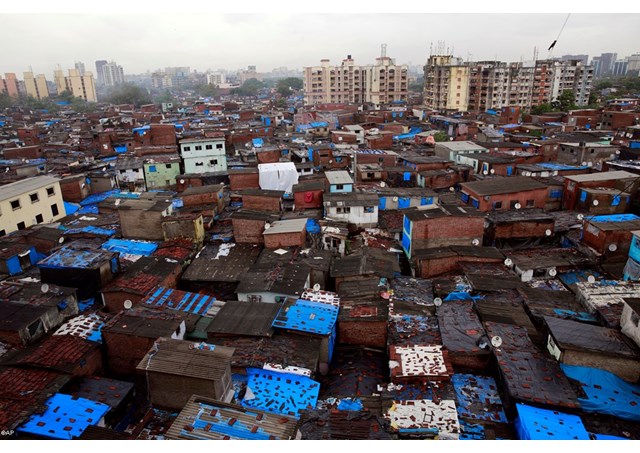
Post by: Wendy Wrobel
My name is Wendy Wrobel, I am a second-year student at Regent University School of Law and this Spring I was given the opportunity to lead a research project for Justice Ventures International (JVI) pertaining to housing rights in India. This project is to assist JVI in their efforts to create a “Protecting Housing Rights” toolkit for non-profits.
The majority, if not all of policy exists because of morality and ethics and the violation of them in some way shape or form. In India, the amount of policy and cases pertaining to the existence of, or violation of, is vast and seemingly unending. Each city has its own set of policies, some similar, some completely different depending on the casts of people living within it. Some have slum protection policies, others protect venders. Some protect from eviction, but with vague circumstances where the government is allowed to or not allowed to do so. All these laws share something in common, they all pertain to violation on behalf of the government.
The attempts at protection exist, and certainly the courts often attempt to enforce these created rights the best they can. While doing this research, the question kept entering my mind: why are housing rights such a problem in India? There seems to be no small answer. In 2020, housing issues were more of a concern then ever, with poverty levels on the rise and people unable to make rent or mortgage payments more then ever before. In fact, due to a collapse in urban jobs during the pandemic, there was a mass exodus of workers back to their rural homes. For in the cities many live in slums, or other forms of temporary or precarious housing. Due to population, poverty, cost, and occasionally lack of infrastructure, adequate housing has never been consistently available to support the needs and demands of the workers as a population.
The United States has always treated housing issues as civil rights issue. Whereas in India it is usually brought up in times of demolition or eviction, making it a state against citizens issue, rather than a consistently violated right by numerous actors that affect housing. The majority of Indian regulations have to do with demolition and eviction pertaining to the government, not landlords, banks, etc. Left unattended, this has led to steep rent prices and mass evictions.
The current lack of protective policy often leads to enforcement of separation of the population through their respective religions and castes. Afraid to be taken advantage of, they hide in the known and in numbers.
It is my hope that through the efforts of organizations like JVI, and other local organizations, that policy will continue to develop to protect the housing rights of Indian citizens.
This post was written by a Center for Global Justice Student Staff member. The views expressed in this post do not necessarily reflect those of Regent University, Regent Law School, or the Center for Global Justice.

